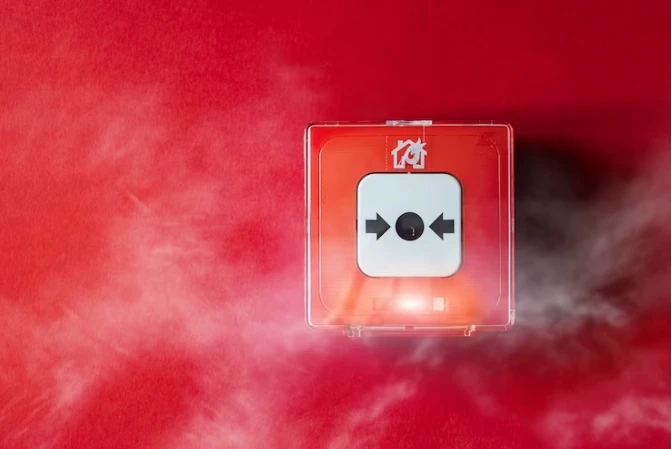Introduction
Fire suppression systems are a critical component of fire safety measures in both residential and commercial settings. These systems are designed to detect and suppress fires quickly, minimizing property damage and safeguarding lives. In this blog, we will explore the importance of fire suppression systems, their key features, and their benefits, and address common questions and concerns about finding the right fire suppression system near me.
The Importance of Fire Suppression Systems
Rapid Fire Suppression: The primary purpose of fire suppression systems is to suppress fires rapidly. By detecting fires at their early stages, these systems enable swift action to contain and extinguish the flames before they spread and cause significant damage. The ability to suppress fires quickly can save lives, protect property, and prevent the escalation of fire incidents.
Property Protection: Fire incidents can have devastating consequences for properties, resulting in extensive damage and financial losses. Fire suppression systems play a crucial role in minimizing property damage by suppressing fires effectively. These systems can include automatic sprinkler systems, gas-based suppression systems, or foam-based systems, depending on the specific needs and requirements of the property. By promptly suppressing fires, these systems help mitigate the impact on structures, equipment, and valuable assets.
Enhanced Safety: The presence of fire suppression systems significantly enhances the safety of occupants in both residential and commercial buildings. These systems provide an added layer of protection, allowing individuals more time to evacuate safely in the event of a fire. By controlling or extinguishing fires, fire suppression systems reduce the risk of injuries and fatalities, ensuring the well-being of building occupants.
Compliance with Regulations: Fire suppression systems are often required by local building codes and regulations. Compliance with these requirements is essential to ensure the safety and well-being of occupants and to meet legal obligations. Installing and maintaining the appropriate fire suppression system not only helps protect lives and property but also ensures adherence to the relevant codes and regulations.
Key Features and Benefits of Fire Suppression Systems
Automatic Detection: Fire suppression systems are equipped with automatic detection mechanisms, such as smoke detectors or heat sensors. These sensors detect the presence of smoke, heat, or flames and trigger the suppression system. Automatic detection ensures a quick response, even if the fire occurs in an unoccupied area or during periods of low occupancy.
Rapid Response: Once a fire is detected, fire suppression systems respond rapidly to suppress the flames. This swift response helps prevent further fire spread and minimizes the potential for extensive damage. By acting quickly, fire suppression systems increase the chances of containing the fire before it becomes uncontrollable.
Versatility: Fire suppression systems are available in various types and configurations to suit the specific needs of different environments. Whether it's a commercial kitchen, data center, or residential building, there are fire suppression systems designed to address the unique fire risks associated with each setting. This versatility ensures that the system chosen is tailored to the specific requirements of the property.
Minimal Water Damage: Automatic sprinkler systems are a common type of fire suppression system. These systems are designed to release water when a fire is detected, suppressing the flames. However, modern sprinkler systems are highly efficient and typically only activate in the area directly affected by the fire, minimizing water damage to other parts of the property.
Frequently Asked Questions (FAQs)
Q: How do I find the right fire suppression system near me?
A: Finding the right fire suppression system requires careful consideration of the specific needs and requirements of your property. Start by conducting a fire risk assessment to identify potential fire hazards and risks. Consult with fire safety professionals and reputable suppliers to determine the most suitable fire suppression system for your property. They can provide guidance on the type of system, installation requirements, and any relevant local regulations.
Q: How often should fire suppression systems be inspected and maintained?
A: Regular inspection and maintenance are crucial to ensure the optimal performance of fire suppression systems. It is recommended to have these systems inspected and tested annually by qualified professionals. Additionally, routine maintenance should be performed according to the manufacturer's guidelines. Regular maintenance helps identify any issues or deficiencies and ensures that the system is in proper working order.
Conclusion
Fire suppression systems are an integral part of fire safety measures, playing a crucial role in protecting lives and property. By rapidly detecting and suppressing fires, these systems help limit the spread of flames and minimize damage. The presence of a reliable fire suppression system enhances overall safety, provides peace of mind, and ensures compliance with regulations.



